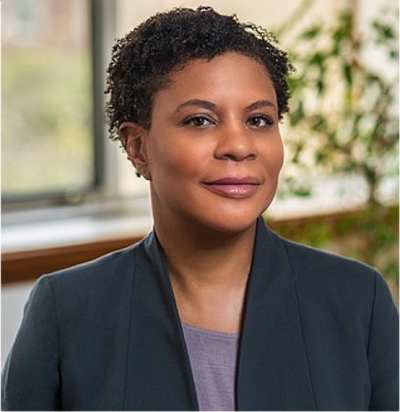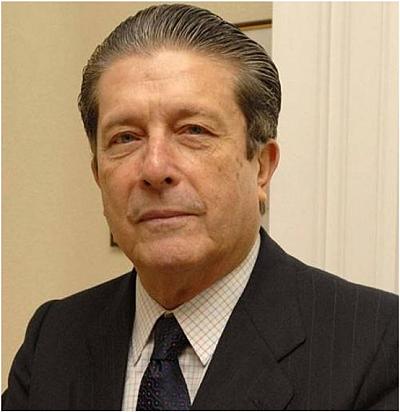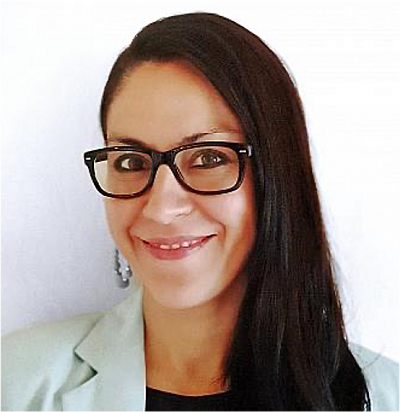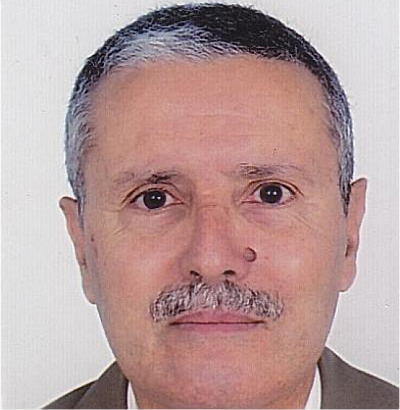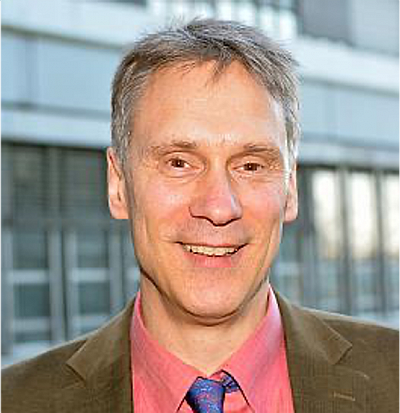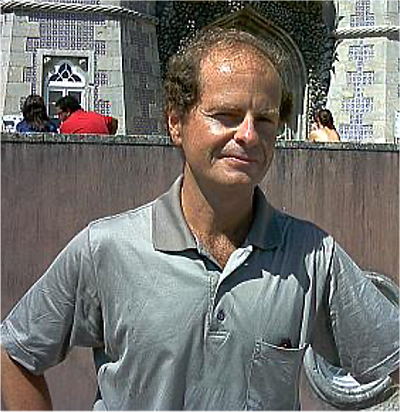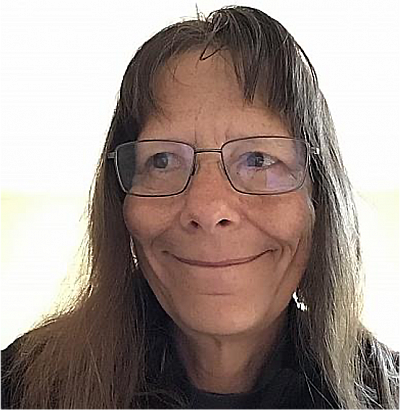Plenary Speakers
Alondra Nelson, White House Office of Science and Technology Policy; Institute for Advanced Study in Princeton, USA
Dr. Alondra Nelson serves as the inaugural Deputy Director for Science and Society in the White House Office of Science and Technology Policy. In this role, she brings social science expertise, including attention to issues of social inequality, explicitly into the work of Federal science and technology strategy and policy.
Dr. Nelson is also Harold F. Linder Chair and Professor at the Institute for Advanced Study, an independent research center in Princeton, NJ. She was president of the Social Science Research Council, an international research nonprofit from 2017-2021. She was previously professor of sociology at Columbia University, where she also served as the inaugural Dean of Social Science.
Dr. Nelson’s research contributions are situated at the intersection of political and social citizenship, on the one hand, and emerging science and technology, on the other. Dr. Nelson connects these dimensions in a range of widely acclaimed publications, including, most recently, The Social Life of DNA.
Dr. Nelson is a member of the American Academy of Arts and Sciences, the American Academy of Political and Social Science, the American Philosophical Society, and the National Academy of Medicine.
Federico Mayor Zaragoza, President of the European Center for Peace and Development Council of the United Nations and former Director-General of UNESCO
Federico Mayor Zaragoza is President of the European Center for Peace and Development Council of the United Nations. He is the founder and President of the Foundation for a Culture of Peace and has served as Director-General of UNESCO for twelve years. Mayor Zaragoza is a renowned scientist, scholar, politician, diplomat, and poet. He has been a professor at different Spanish universities, rector of the University of Granada, Chair of the European Research Council Expert Group (ERCEG), and Co-founder of the Spanish High Council for Scientific Research. He also holds an extensive career as a diplomat and politician. He was Co- chair of the High-Level Group for the “Alliance of Civilizations” and served as Spanish Minister of Education and Science. He is an honorary member of several scientific societies and a member of different academies, among them the World Academy of Art and Science
Rosamaria Cisneros, Research Fellow at Coventry University, UK
Rosamaria Cisneros is a Roma sociologist, curator, dance historian and critic, Romani scholar, and peace activist. She graduated from the University of Wisconsin-Madison and got a Master’s degree in dance history and criticism. She also has a minor in Curriculum and Instruction from the University of New Mexico in Albuquerque. She earned her doctorate in Sociology from the University of Barcelona. The PhD entitled "Transferability of Successful Educational Actions of the Roma Women to the plural European Contexts" placed the Romani Women’s Association Drom Kotar Mestipen at the centre of this academic investigation.
Cisneros was and is involved in various EU-funded projects from Framework Programmes of Research. Related to them, she spoke in the Headquarters of the European Parliament. She sits on several boards such as the Roma Coventry Project, GRT Police Association (UK), Drom Kotar Mestipen-Romani Association of Women (Spain). She is also a Research Fellow at Coventry University in the UK.
Mokhtar El Harras, Mohammed V University, Rabat, Morocco
Mokhtar El Harras is a professor of Sociology at Mohammed V University in Rabat. He was a scientific committee member of the program “50 years of Human Development in Morocco”. Currently he is a member of the Hespéris Tamuda review board. He is also a member of the Board of Trustees of the Arab Council for the Social Sciences. He also assumes the co-coordination of the Fatema Mernissi Chair. He was an active member in many national and international research projects and programs. He is the author of numerous articles and book chapters on rural development, rural women, youth, family, international and transnational migration, qualitative methods in social sciences, media Sociology, public space, and the image of the “other”. Among the books published are: Tribe and Power in Northern Morocco (1989, Rabat, CNCPRST), Fertility and Culture (1996, Beirut, Dar Attalia, in collaboration with D. Bensaid), Women in decision-taking positions (2008, Tunis, KAWTAR), Youth and Media in Morocco (2011, Rabat, Éditions Maghrébines).
Thomas Faist, Bielefeld University, Germany
Thomas Faist (PhD, New School for Social Research) is Professor of Transnational, Migration and Development Sociology at Bielefeld University in Germany. He directs the Center on Migration, Citizenship and Development (COMCAD). Thomas Faist has contributed to ongoing debates about citizenship, transnationality, migration and social policy in Europe and beyond. He has authored and co-authored numerous books including The Transnationalized Social Question: Migration and the Politics of Social Inequalities in the Twenty-First Century (2019), Disentangling Migration and Climate Change (2016), Transnational Migration (2013), as well as Citizenship: Discourse, Theory and Transnational Prospects (2007), and Dual Citizenship in Europe (2007). Thomas Faist is a member of the North Rhine-Westphalian Academy of Sciences, Humanities and the Arts.
Luigi Pellizzoni, University of Pisa, Italy
Luigi Pellizzoni is professor of Sociology of the environment at the University of Pisa, Italy. He has taught at the Universities of Trieste, IUAV Venice and the International School for Advanced Studies (ISAS). Recent visiting includes the Centre for the Study of Environmental Change (CSEC), Lancaster University, UK. Appointments comprise a two-term service in the ESA Executive Committee ESA (2011-2015). He has an extensive record of research at international level and authored about 140 publications. His theoretical and empirical interests are located at the intersection of environmental challenges, techno-science advancement and the transformation of governance. In the last years he has been developing a research program on the reciprocal affections of novel takes on materiality and the governmental rationality of late capitalism, results of which are accounted for in articles, book chapters and the book Ontological Politics in a Disposable World: The New Mastery of Nature (Routledge, 2016). He is presently working on new social mobilizations, post-work, anticipatory governance and alternative ways of relating with the world. He is the coordinator of the research group and community of discussion “Politics Ontologies Ecologies”.
Elizabeth Shove, Lancaster University, UK
Elizabeth Shove is Professor of Sociology at Lancaster University. She is best known for her work on social theories of practice, including The Dynamics of Social Practice with Matt Watson and Mika Pantzar (2012) and for bringing a distinctive approach to bear on questions of consumption and demand. Elizabeth led the DEMAND (Dynamics of Energy, Mobility and Demand) Research centre from 2013-2018. The core proposition that energy is used not for its own sake but in the course of accomplishing social practices at home, at work and in moving around underpinned the Centre’s research, and helped generate new and sometimes challenging ways of thinking about these topics. Books arising from that work include The Nexus of Practices (2017); Infrastructures in Practice (2018); Energy Fables (2019) and Conceptualising Demand (2020).
Elizabeth is part of a group working on Practice Theory at Lancaster, thinking about how social practices connect and change together, and about the relevance of these ideas for debates about health and wellbeing, economic sociology and social inequality. Elizabeth has a visiting position at the University of Helsinki at the Centre for Consumer Society Research.
